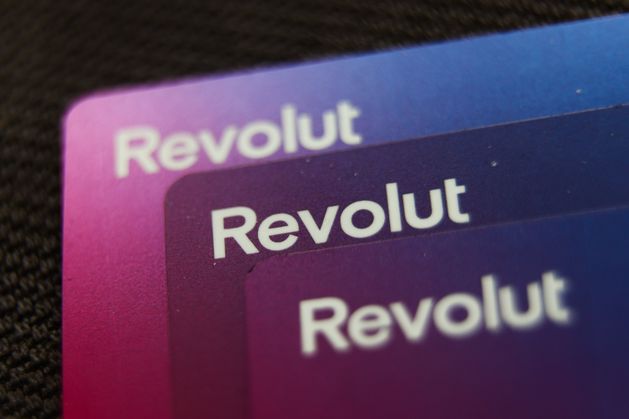Bussiness
Revolut adds new layer of security after customers complain of being scammed

Move comes after people reported instances of unauthorised transactions and fraudulent activity on their accounts
It comes after the revelation this week that a cyber security expert, who said he never responds to scam texts and emails, had more than €5,000 taken from his account when he was in bed and not using his phone. He insisted he did not authorise the payment.
Several other Revolut customers have complained of having money taken from their accounts, insisting they did not authorise the transactions. Many said they could not get a satisfactory resolution when they contacted Revolut.
Now the firm, which has 2.7 million customers in this country, is adding an extra layer of security to stop its customers being scammed.
It has launched what it calls “wealth protection”, an extra layer of biometric identification verification.
However, it is not clear whether the extra layer of security covers payments made by a scammer who gains access to an account, or if it protects money left in the account but not in the savings section.
Revolut said that when turned on, the new feature will mean the system will automatically use a selfie that the customer uploaded when signing up for Revolut or seek a fingerprint to verify their identity if they are trying to make a transaction.
It is designed to prevent thieves who steal devices and fraudsters who remotely gain access to phones from accessing customers’ money.
However, when asked if the new layer of security covers payments made by a scammer who gains access to an account, and if it protects money left in the account, the firm would only say: “At present, wealth protection is designed to protect customer funds kept in the savings and funds, pockets, invest and crypto sections of the Revolut app.”
Revolut claimed many banking apps rely on just one biometric authorisation, such as facial or fingerprint recognition, built into mobile devices, usually when opening the app.
However, if a thief steals a phone or a fraudster gains remote access to the device and changes the registered fingerprint or facial image to their own, this could be bypassed.
“Revolut is going one step further with its advanced facial technology,” the company said.
“When turned on, wealth protection will verify the identity of the user against the selfie ID checks that the customer completed when first signing up to Revolut.”
The firm said this will help to stop fraudsters transferring money out of savings or pockets, even if their phone’s security has been compromised.
The wealth protection feature requires users to opt in and customers are encouraged to enable it.
Maurice Murphy, general manager at Revolut Bank UAB, Ireland branch, said: “Put simply, wealth protection is a feature that makes managing money much safer and more reliable.”
Revolut insisted it has robust protections in place for customers behind the scenes, including AI models and more than 4,000 trained anti-financial crime professionals.
The Irish Independent has been contacted by scores of Revolut customers in the last few months after their accounts were fraudulently accessed and their money stolen.
Others had their accounts shut down without explanation.
Many of these customers had complained they could not get what they regarded as a proper response from the company when they tried to get funds returned to them after fraudsters struck.
In one case, a customer who works in cyber security woke up to find his phone was going through a resetting process.
“Once I restored my apps, I logged into Revolut and realised money was missing,” he said.
He then realised €5,140 had been taken from his account.
Payments went to a UK Revolut account, he said.
He reported the matter to Revolut, “who will not engage and accept there was an issue and say my Revolut app was compromised”.
After this publication took up his case, he got his money back from Revolut, but there was no acknowledgment from the company or an explanation for what happened.
“If it wasn’t for the Irish Independent, I would not have got my money back and would have been left high and dry,” the IT expert said.










